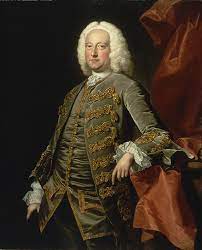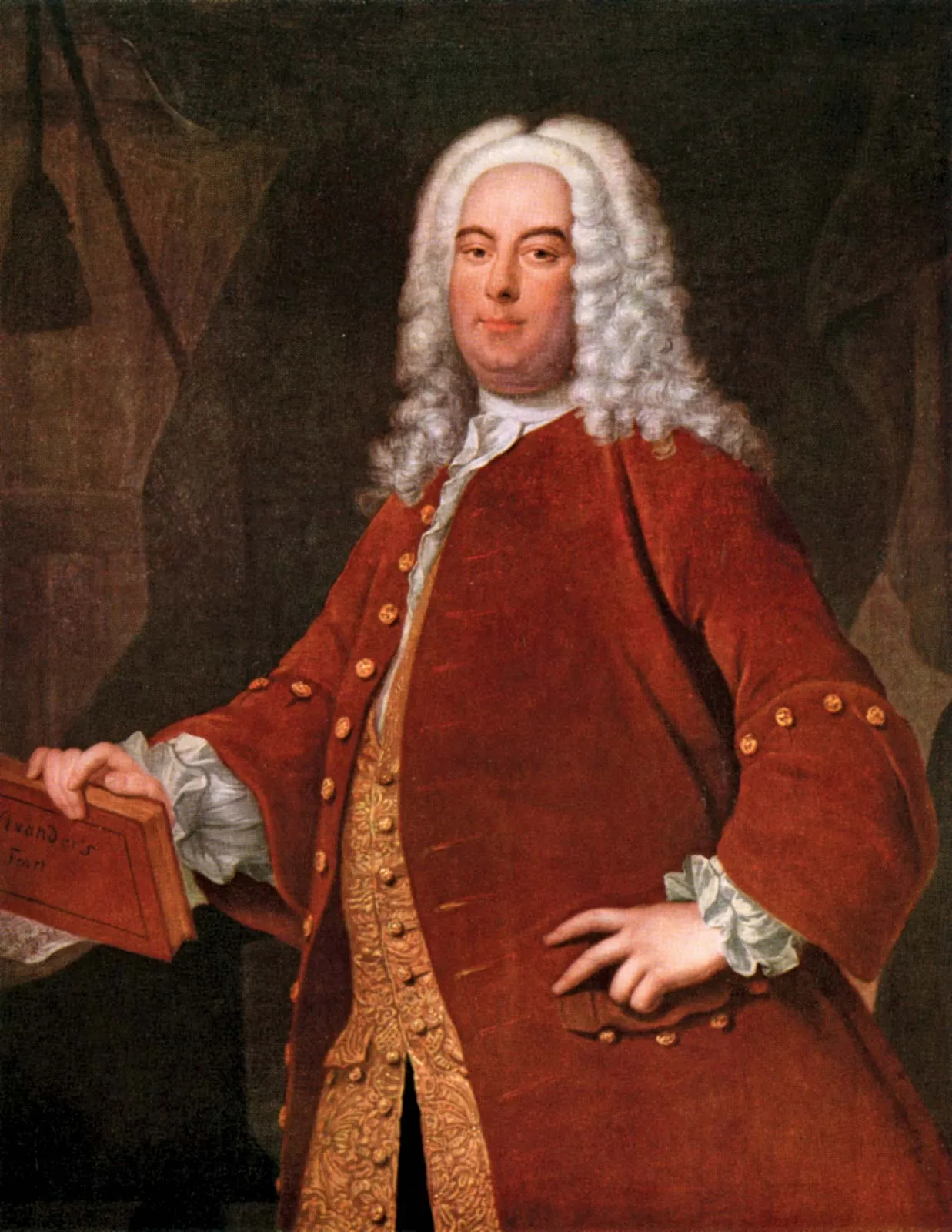

Charles Jennens George Frideric Handel
Who wrote Handel's Messiah?
It sounds a bit like that old trick question Who’s buried in Grant’s tomb? And the answer to the question about Messiah seems as obvious as the answer to the identity of the person buried in Grant’s tomb. But I’m beginning to believe it isn’t as obvious.
Now before you haul me before the musicology police, I’m not proposing some kind of new conspiracy theory about the authorship of this iconic composition (though it might make an interesting movie plot: Jean-Philippe Rameau secretly comes from France and helps Handel with that famous French overture that begins Messiah). No, everybody knows that Handel’s Messiah is……well, Handel’s Messiah. In fact, how many other musical works can you name that so consistently pair the composer with the work—almost as if the name Handel is part of the title of the piece. Ask any concertgoer headed out the door at Christmas what they’re going to hear, and I’ll bet nine out of ten will say “Handel’s Messiah,” not just “Messiah.”
I’m finding myself in a bit of immersion mode with Messiah these days. I’m in the middle of teaching a four-week class on the piece at my church. It’s amazing what preparing a class does to make you appreciate what you’re teaching. And my current musical hero is actually not Handel (no disrespect intended) but…..drum roll please…..Charles Jennens. What? You haven’t heard his name? I’m not surprised.
Jennens is the man responsible for Messiah’s libretto (a fancy word for the text, or words used in a composition). Now you probably know that Messiah’s text is taken entirely from Scripture. But Jennens is the man who brought those various Scriptures together, choosing one from this book, another from that book, and giving them order and shape. It turns out that Jennens dipped into fourteen books of the Bible for his libretto. Half of those are Old Testament books, and half New Testament. With amazing dexterity, Jennens deftly moves from one Scripture passage to another, sometimes skipping over massive amounts of Biblical territory (one notable example is the way in which he juxtaposes, in one aria, a passage from Isaiah with one from the Gospel of Matthew). It’s enough to make a preacher envious of his hermeneutical skills!
And that’s what has struck me most as I’ve studied Messiah these days. If you’re anything like me, you’ve grown up with Handel’s Messiah. You probably attended the so-called “Christmas portion” of the piece when December rolled around. Maybe you sang the entire work in college (although I’m willing to bet that something was cut from the performance!). But if you have a long history with Messiah, here’s what I’ll bet you feel: you hear the unfolding of the drama as though it was appearing in Biblical order. It’s as if the oratorio spins out the storyline so perfectly, that we’re left assuming that it’s the order in which the Bible tells it—even if we know our Bibles well enough to know better.
And that is the contribution of Charles Jennens. As far as we can tell, Handel made very few significant changes in the arrangement of texts that Jennens gave him in 1741. In just over three weeks, Handel composed one of the world’s all-time masterpieces. But Jennens is the often-unsung hero—the man without whom there would be no “Handel’s Messiah.” From all indications, Jennens was intent not only on giving Handel a great libretto as grist for his compositional skills, but he was doing it out of spiritual conviction. At the time of Messiah’s writing, England was in the throes of Enlightenment Deism, a philosophical outlook that seriously called into question any belief in divine revelation. While God may exist, said the Deist, he certainly has no personal or fatherly interest in humanity. Scripture, if it is to be referred to at all, can be understood with our own rational intellect. It’s easy to see how this sort of thinking leaves no room for the very things that Jennens’ libretto so boldly asserts. And from what we can tell, Jennens meant it as a direct counterattack on this sort of Deistic thinking. He wrote to a friend in July 1741: “I hope I shall persuade [Handel] to set another Scripture Collection I have made for him….I hope he will lay out his whole genius and skill upon it, that the composition may excel all his former compositions, as the subject excels every other subject. The subject is Messiah.”
Bravo Mr. Jennens! I know it doesn’t roll off the tongue easily, but next time someone asks you what music you’re headed out to hear, try saying “I’m going to hear Handel and Jennens’ Messiah." It just might start an interesting conversation!

